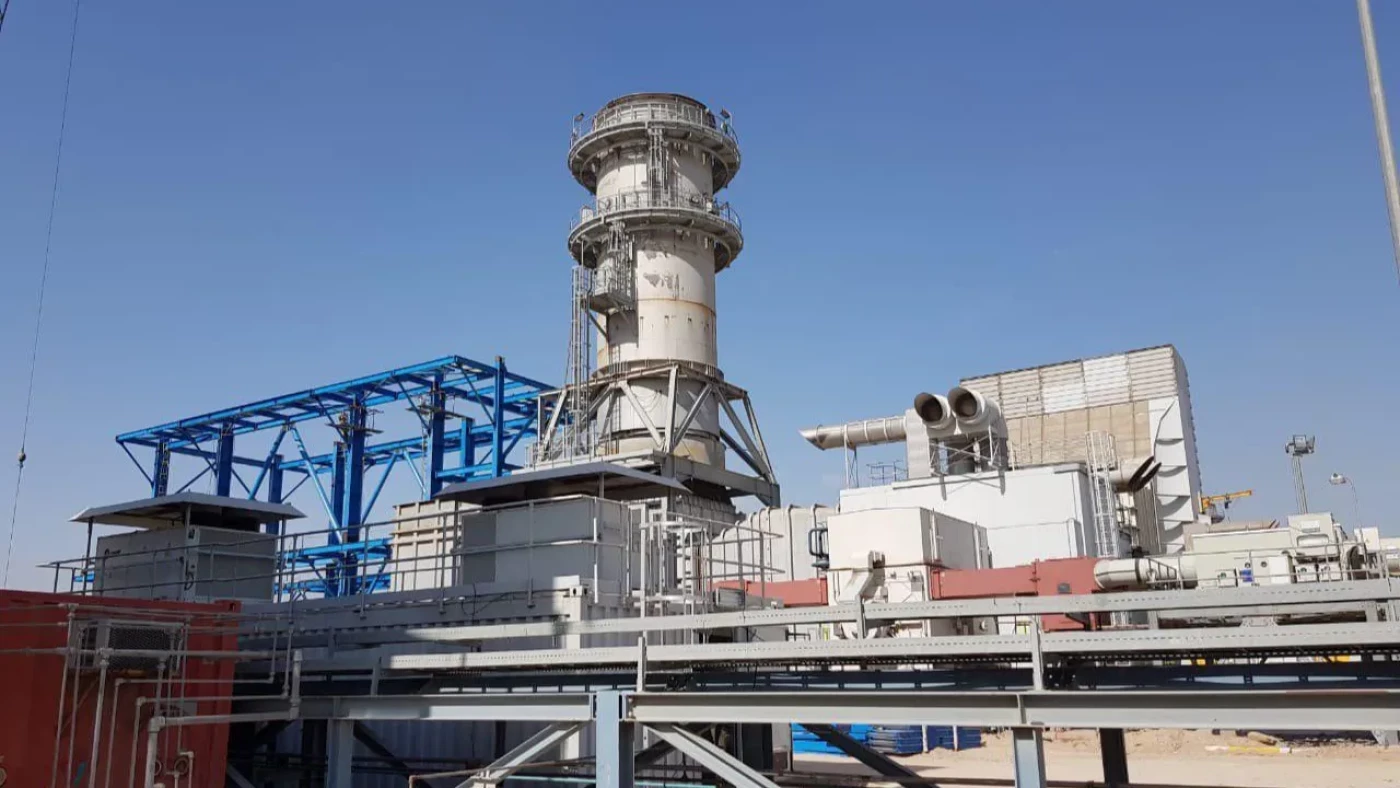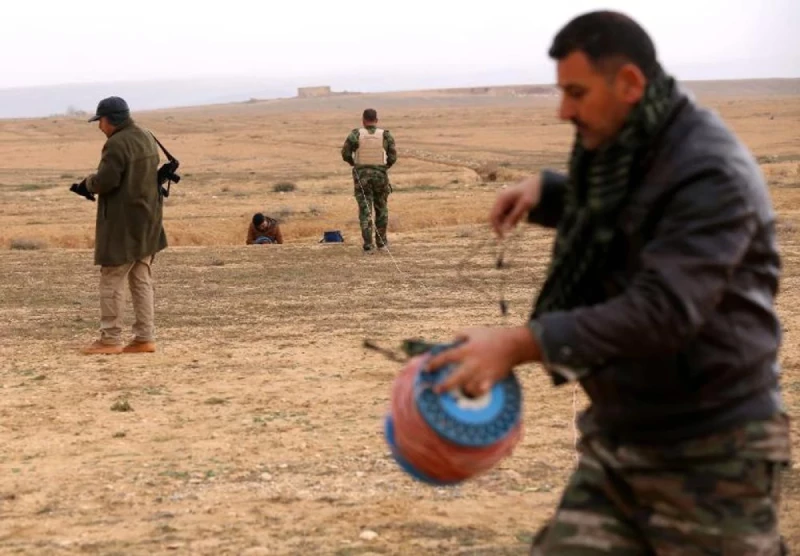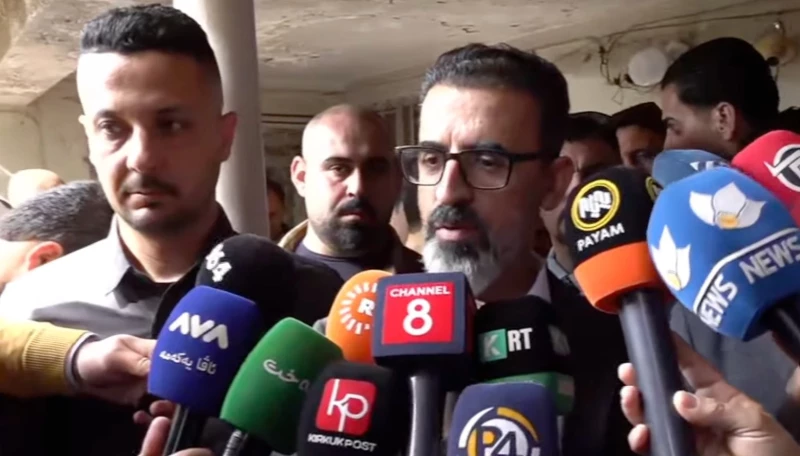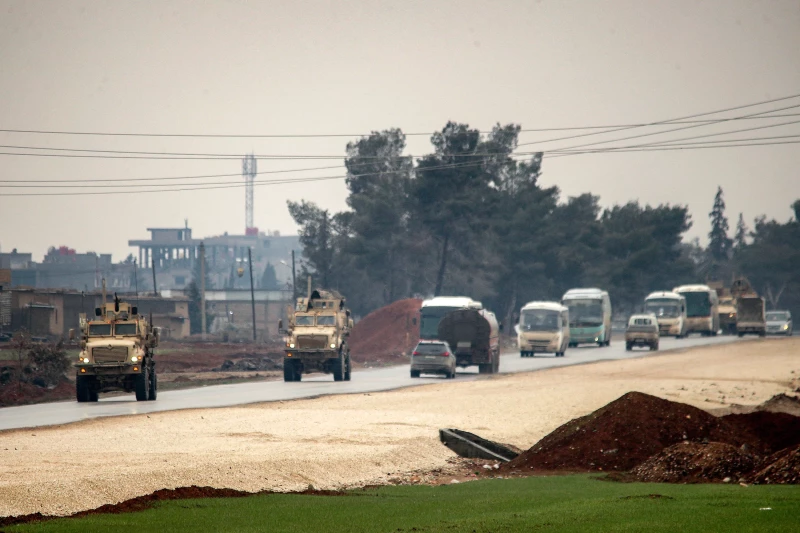ERBIL, Kurdistan Region of Iraq - A complete power blackout struck three southern Iraqi provinces, including Basra, Maysan, and Dhi Qar on Thursday, marking the second shutdown within a week, according to sources from the Iraqi electricity ministry.
“Electricity was completely off in Dhi Qar, Maysan, and Basra due to a shutdown of the 400 KV transmission lines,” a source from the electricity ministry has said.
The power outage has been attributed to a technical fault at power stations in Basra.
“Efforts are underway to restore,” electricity, the source added.
Iraq’s persistent power shortages are no surprise. Decades of conflict, including the Iran-Iraq war (1980-88) and the first Gulf War (1990-91), severely damaged the infrastructure of power plants and transmission grids.
Even after the US invasion of 2003, improving the electricity grid has remained a troublesome challenge due in part to corruption and ongoing political and security instability.
Thursday’s power cuts come as the Iraqi electricity ministry announced earlier this week that it would increase Iraq’s power output by 10,000 megawatts.
Iraq’s power grid, after the completion of maintenance and the return of natural gas, is currently capable of producing 27,000 megawatts. However, the current output sits at 17,000 megawatts, while Iraq’s power demand is around 32,000 to 35,000 megawatts.
The main obstacle in the way of improving the state of electricity in Iraq is insufficient gas to generate power stations, according to Ziad Ali Fadhil, Iraq’s electricity minister, who said in late January during the Iraq Energy Conference in Baghdad.
Iraq has long relied on imports of electricity and gas from Iran, which account for between 30 to 40 percent of its energy needs. These imports are especially crucial during the summer months, when temperatures can reach 50 degrees Celsius and energy demand peaks.
However, Iraq has faced difficulties paying for these imports due to US sanctions, which restrict payments to Iran to non-sanctioned goods such as food and medicine.



 Facebook
Facebook
 LinkedIn
LinkedIn
 Telegram
Telegram
 X
X


